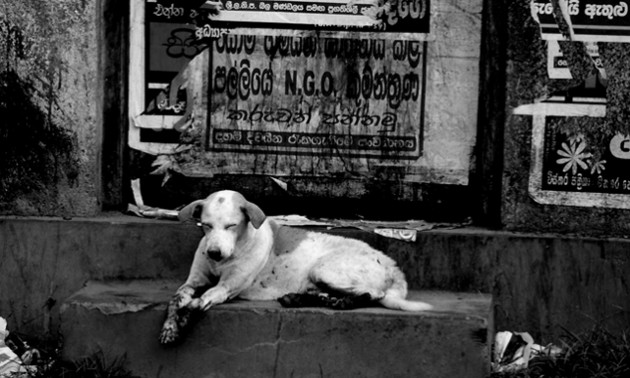
[N]othing like gazing upon your own well-stacked cord of firewood turning golden in the evening sun to get you feeling contented, and then in that contentment set you thinking about contentment itself and how it gets here, where it goes and what it is exactly, what is it made of, is it part of you or is it more like a transitory shaft of sunlight upon a patch of earth? Firewood, another form of light, serves in so many ways…
I’ve always loved the mystery in that Tao Te Ching phrase that each time I read it shimmers with the gleam of truth that cannot be pinned down, that coruscates in the mind’s eye: “There is no disaster greater than not being content.”
Content? Why content? Mere contentment? What does contentment have to do with disaster? Lao Tzu knew, and cryptically passes along the intimation, that contentment is the beginning of all that is worthy, that contentment is the seed and germ of every happiness, its absence accordingly the tiny breach that ruptures into every disaster, the pinhole in the dam, the lost horseshoe nail. Contentment is all the rest: pride in the way of one’s life and the fruit of it, whether one is shepherd or chieftain, a fact that hasn’t changed since back in the tribal days when miracles were everywhere, and no museums yet needed to remind us of what is gone.
Contentment is the core of all that truly matters, it is the root of passion, the heights of honesty, the beating heart of every joy, the embrace of a family; for there is no self in contentment; it is other-centered. The self-centered, in contrast, is perturbed, discordant, writhes with discontent and seeks release (insert the ‘seven cardinal sins’ here, for starters).
And where there is no contentment, deception is essential, falsehood is opportune, theft is advantageous and enmity is natural. No one knew this better than the Chinese of Lao Tzu’s day, who had seen it all for millennia, from battle and rapine to disease and famine, and knew the silent dry seed of the whirlwind that springs from the ash of contentment…

Enlightened Dog, Sri Lanka; photograph by John Ashburne